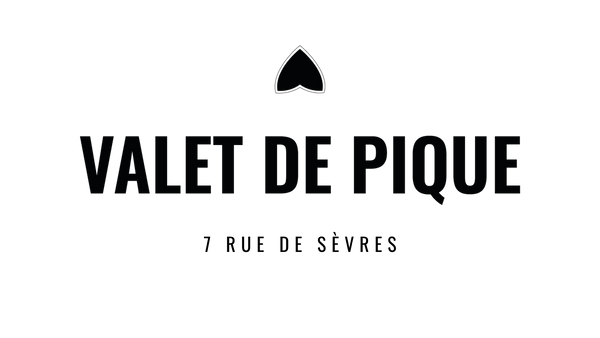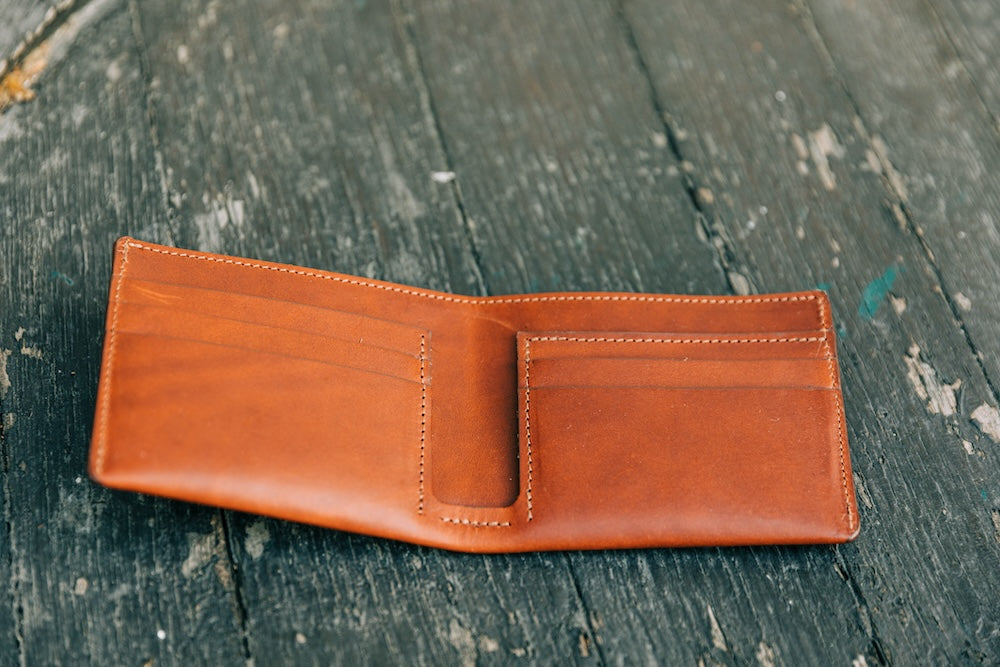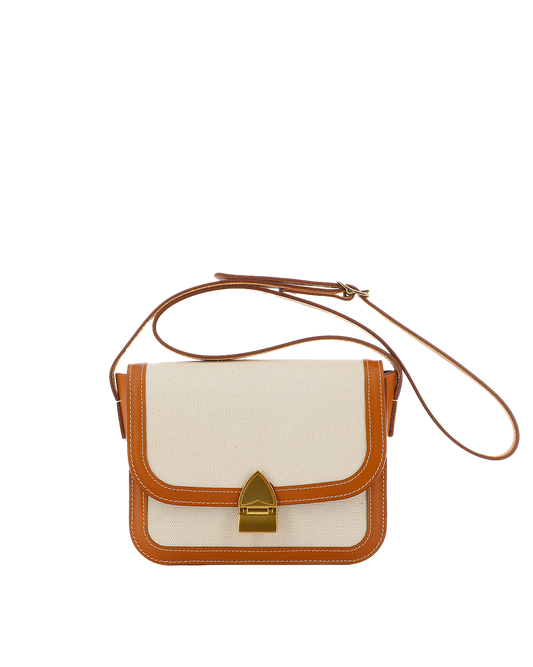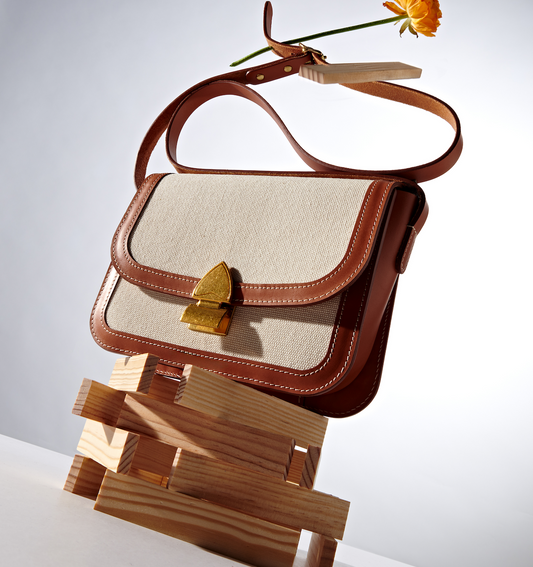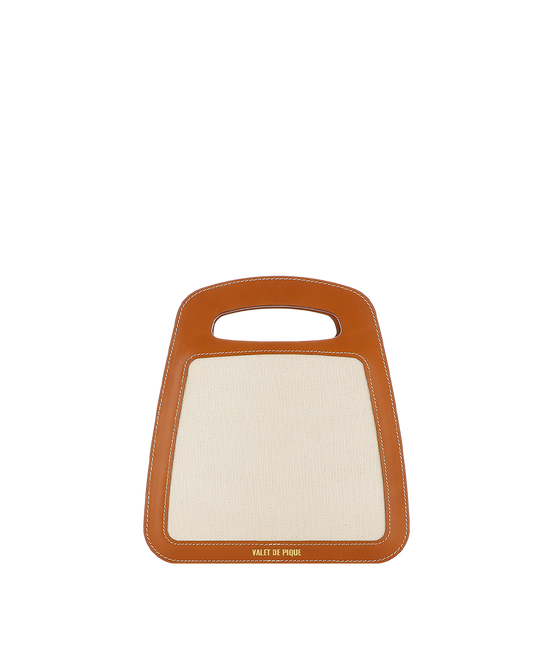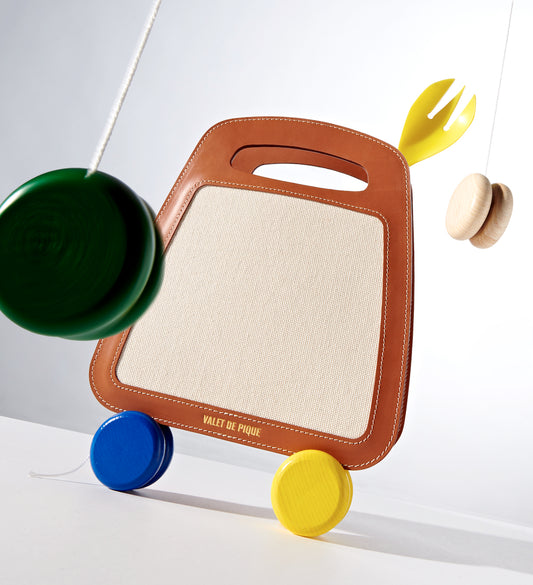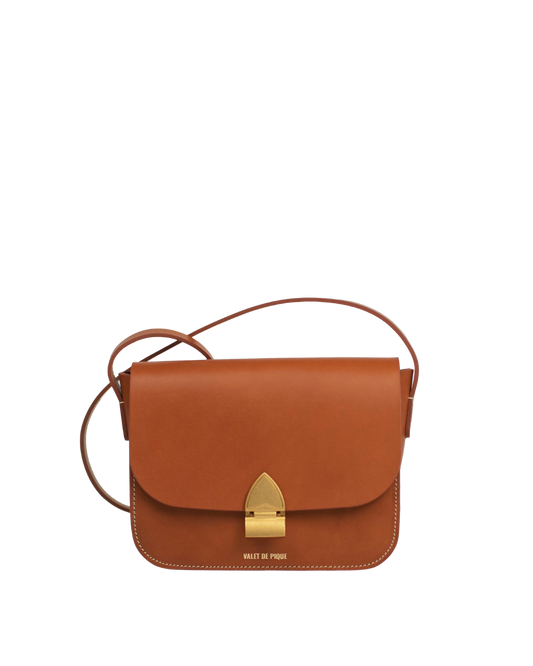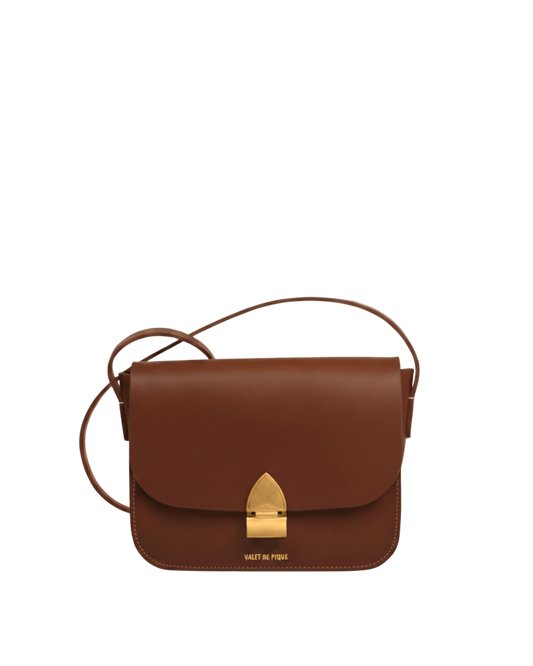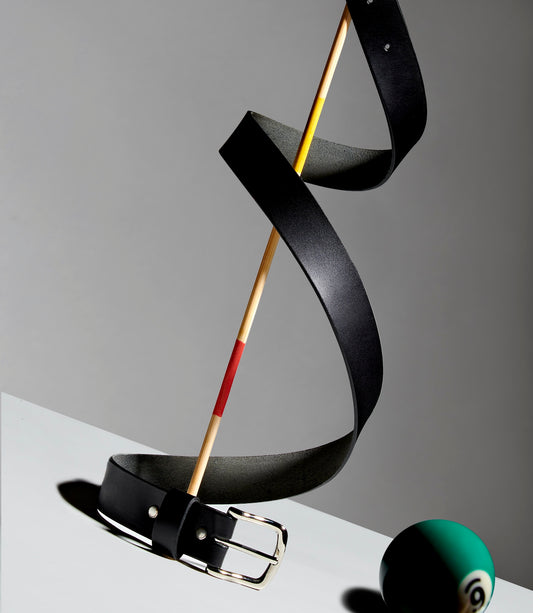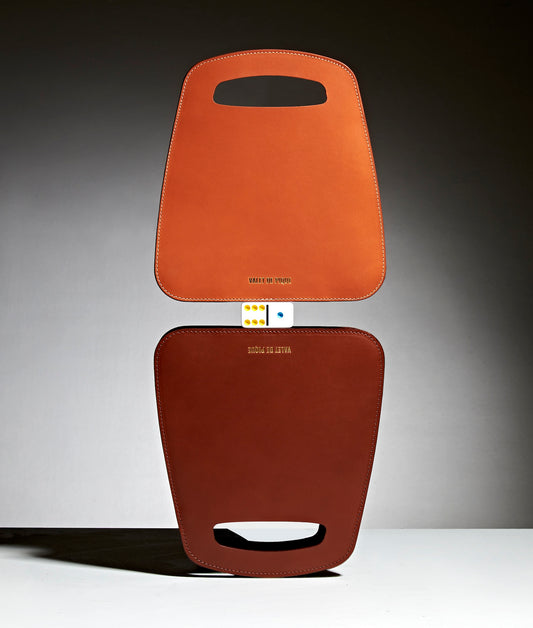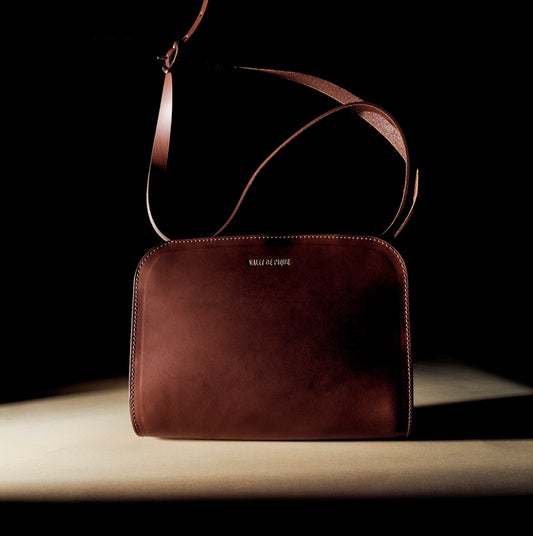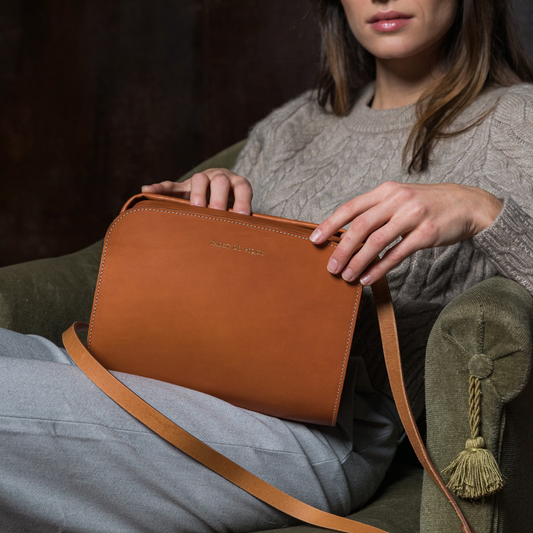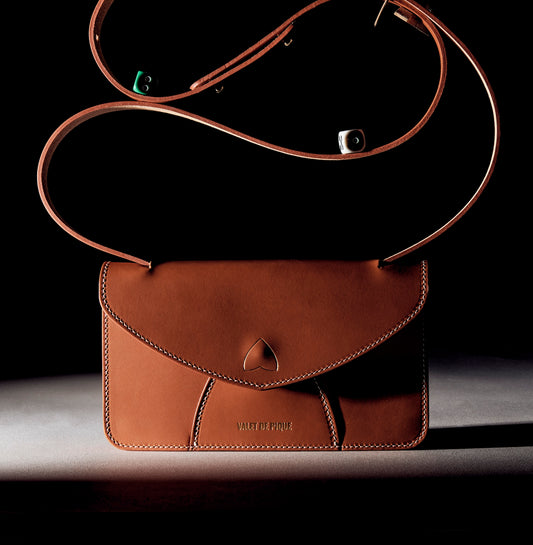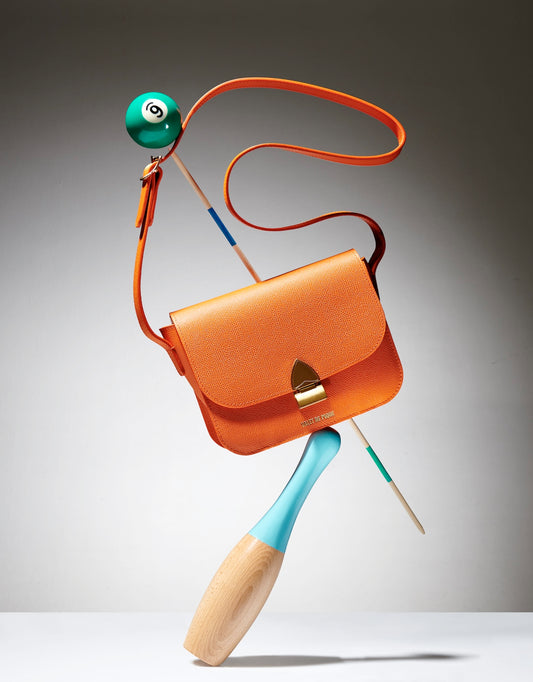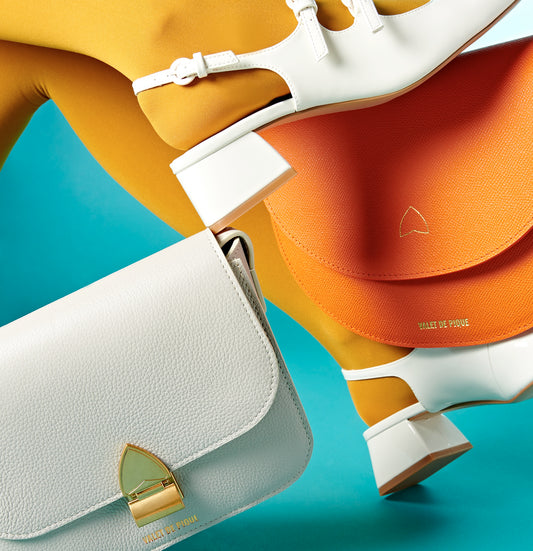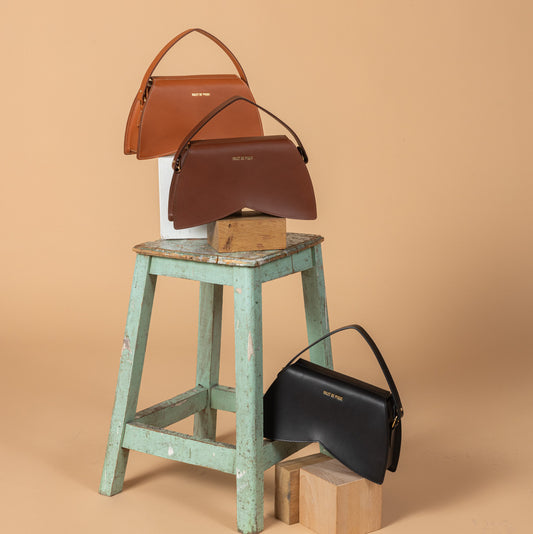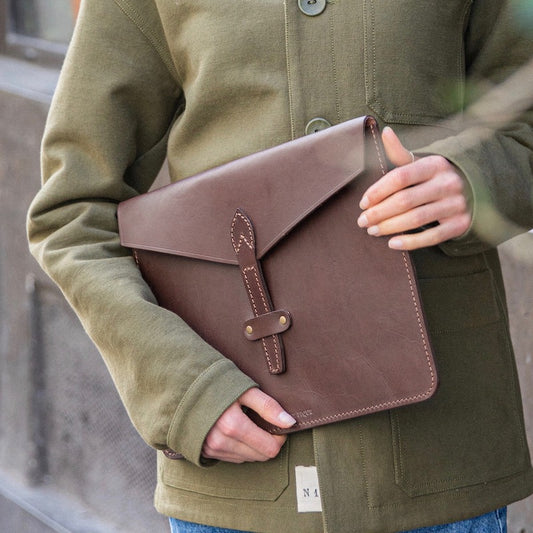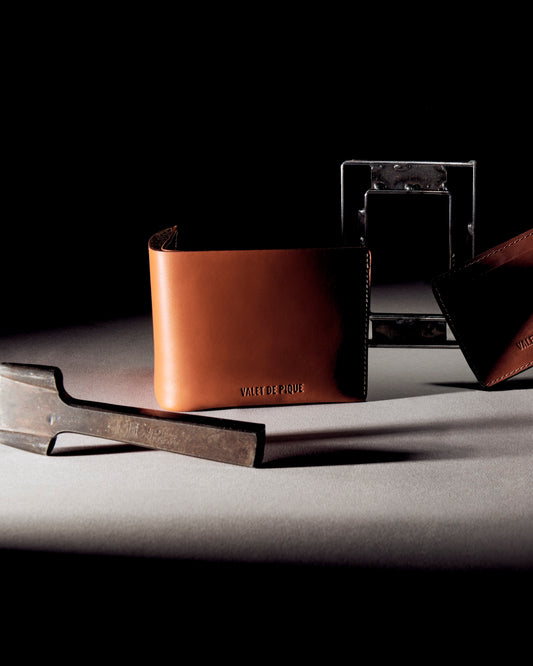The wallet , this essential everyday accessory for paying, identifying yourself or keeping souvenirs, has a fascinating history. Have you ever wondered where the term “wallet” comes from and how its usage and meaning has evolved over time and across different cultures? How does everyday or specialized language use this term? Choose the ideal wallet for you, based on your needs, preferences and budget. In this article, we reveal everything you need to know about the wallet, a combination of style and functionality revealing aspects of your personality. Explore the various designs, materials, colors, and brands available, as well as tips for maintaining and protecting your wallet. Discover how this object transformed into a symbol of power, wealth or responsibility. Keep reading to become a portfolio expert and make the choice that's right for you.

Jack of Spades Wallet - Made in France - Customizable
Historical origin of the word "wallet"
Today, the term "wallet" refers to an accessory, often made of leather or fabric, used to store notes, cards and various documents. However, the meaning of the word as well as its usage have evolved widely over time, reflecting cultural and societal transformations. In this part, we explore the history of the word "wallet", from its origins to its current usage.
The term in ancient France
Introduced in France in the 16th century, the " portfolio " originally referred to a foldable case made of cardboard covered with skin or fabric, with compartments for storing documents. Stationers, notaries, writers and artists used it to transport or store their work. The term derives from "porte-", a prefix indicating the function of containing, and from "leaf", referring to a piece of paper in Old French. The “portfolio” was, thus, literally a briefcase.

Linguistic evolution until modern times
Over time, “portfolio” has acquired various meanings depending on times and contexts. In the 18th century it could refer to a writer's unfinished or unpublished works. In the 19th century it extended to a case for holding banknotes, identity papers and personal mementos. By extension , the term came to refer to the collection of financial securities and securities that an individual or entity holds. It could also refer, in government jargon, to the department administered by a minister.
The word "wallet" also has foreign roots, coming from the ancient Greek "kibisis", designating the bag of the god Hermes. This term was adapted into Latin as "bursa", meaning "purse" or "bag". "Bursa" gave rise to words in French such as "bourse", "bourgeois" and "bourriche", and also resulted in the word "portecoin", considered a synonym for "portefeuille".

From concrete to figurative: various uses of the term
The term "wallet" goes far beyond a simple material object, also embracing abstract or figurative meanings. We will detail the varied uses of the word portfolio, both in everyday language and in more specialized contexts.
The wallet as an everyday object
The wallet, this everyday accessory, accompanies us everywhere to pay for our purchases, prove our identity or treasure our memories. Wallets vary enormously: simple or complex designs, made of leather, fabric or synthetic materials, in muted or bright colors, adorned with brand logos or more discreet. Your choice of wallet can say a lot about your personality, preferences and budget.
The financial portfolio
The “financial portfolio” represents the collection of financial assets owned by an individual or institution, including stocks, bonds, commodities, cash, funds and insurance policies. The objective is to diversify investments to minimize risks and maximize returns on investment. A financial portfolio must match the risk profile, expected investment duration and goals of the investor. Its management can be active, with regular adjustments of assets, or passive.
Derived expressions
The word "portfolio" has also inspired various expressions using the term in a figurative or metonymic sense. We use “insurance portfolio” to refer to all the contracts held by an insured or managed by an insurer. A “holding company” refers to a company that owns shares of other companies in order to generate income and capital gains. A "minister without portfolio" means a minister responsible for assisting a titular minister, by taking charge of certain specific functions.
The portfolio in the contemporary world
The wallet is more than just an accessory; it has evolved with the world, adopting technological, social and economic advances. In this section, let's explore how the wallet has transformed with the digital revolution, its crucial role in the global economy, and consider its future.
The digital wallet: a new era
The digital wallet, or e-wallet, revolutionizes our payment methods by allowing you to store, manage and spend money via a connected device such as a smartphone or tablet. Simply add your payment methods, such as bank cards or online accounts, in a secure application to make contactless payments where they are accepted, simply by holding your device close to a compatible payment terminal. The advantages of the digital wallet are numerous: convenience, speed, security, respect for the environment, without forgetting access to additional services such as loyalty programs, discounts, ticketing or even digital keys.
The importance of the portfolio in the global economy
The wallet goes beyond personal use; it plays a vital role in the global economy. The financial portfolio, composed of all the financial assets of an individual or an institution, directly impacts growth, investment, consumption, savings, credit and financial stability. Managing a financial portfolio means seeking to maximize returns while minimizing risks, in line with the investor's profile and objectives. This portfolio may include various assets such as stocks, bonds, commodities, currencies, investment funds and derivatives.
The future of the wallet
Throughout history, the portfolio has undergone multiple metamorphoses and continues to adapt to future developments. Current trends are paving the way for different developments for tomorrow's portfolio. This could become more digital, incorporating cutting-edge technologies such as biometrics, blockchain, artificial intelligence and even augmented reality. It could also become more personalized, responding specifically to individual needs, preferences and values. Finally, the wallet could further facilitate international transactions, encourage exchanges between different cultures, and promote financial inclusion.
Conclusion
This article has guided you through the fascinating history and evolution of the wallet , revealing its historical and linguistic origins, and how it has transformed across times and cultures. You have explored the variety of its functions in everyday and specialized language, as well as its adaptation to the digital age, the global economy and future trends. You have been introduced to the various designs, textures, colors and brands available on the market, in addition to receiving tips for selecting, maintaining and securing your wallet. The article also discussed the symbolic meaning of the wallet in different contexts, representing power, wealth or responsibility.
We hope you enjoyed this enriching read and gained valuable knowledge about the wallet, a useful and sophisticated accessory that can say a lot about your style and character. If you are looking for a new wallet, we invite you to view our selected range of wallets in leather, fabric or synthetic materials, available in various shapes, colors and brands, suitable for everyone, men and women. Visit our website to find the model that will perfectly meet your criteria of choice, taste and budget. Don't delay any longer, your ideal wallet is waiting for you!

